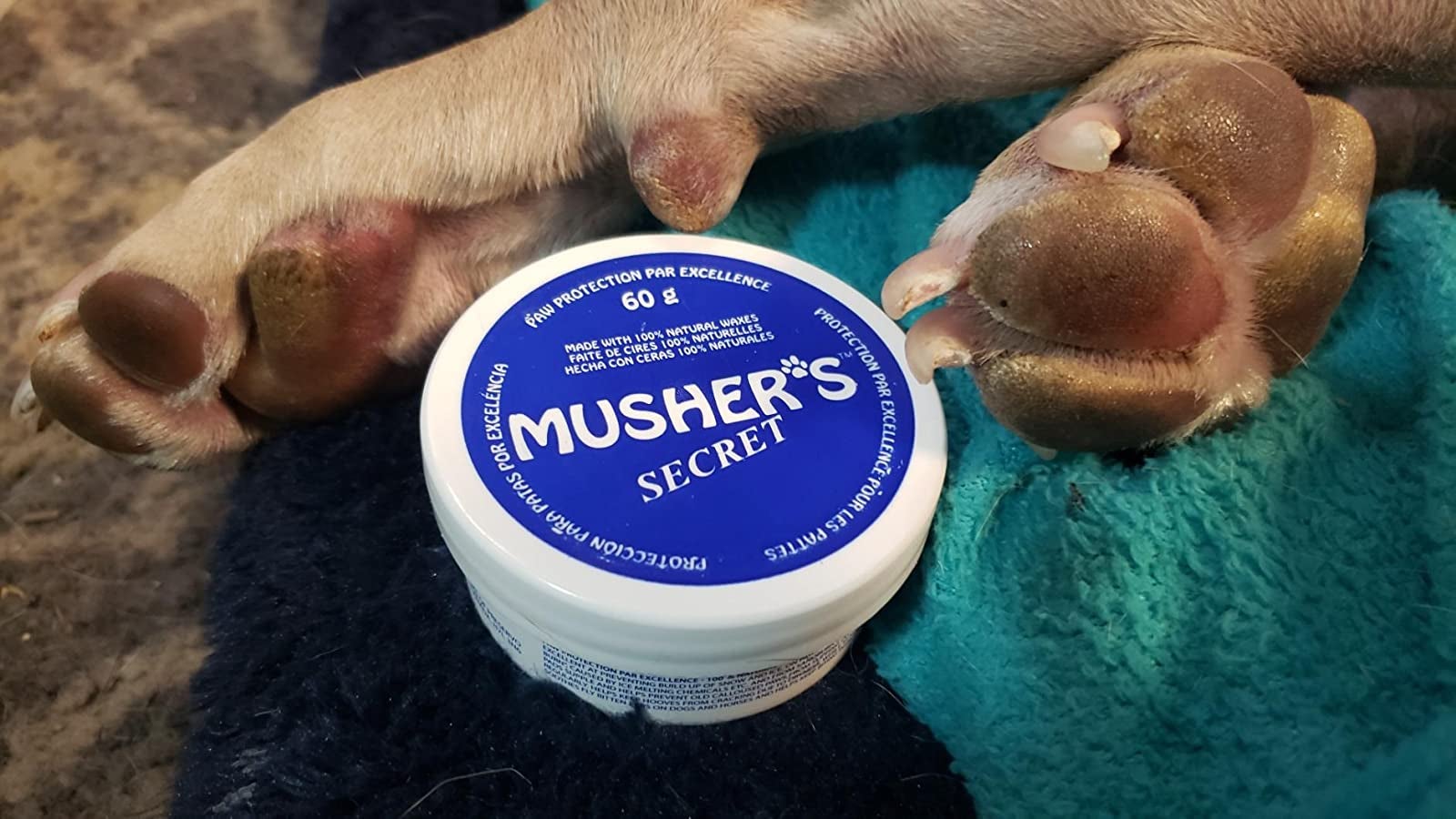I am not a veterinarian, but I can offer some general information about deworming treatments for dogs. It's always best to consult a veterinarian for specific recommendations tailored to your dog's health and needs. That being said, here are five common deworming treatments that veterinarians might recommend:
Drontal Plus: This is a popular prescription medication that is effective against several types of intestinal worms in dogs. It often contains praziquantel, pyrantel pamoate, and febantel.
Panacur (Fenbendazole): Panacur is another commonly used dewormer that can target a variety of parasites, including roundworms, hookworms, whipworms, and giardia.
Interceptor Plus: This is a monthly chewable tablet that not only prevents heartworm disease but also treats and controls intestinal parasites like roundworms, hookworms, whipworms, and tapeworms.
Milbemax (Milbemycin oxime and Praziquantel): Milbemax is a prescription medication that provides broad-spectrum protection against heartworms and several types of intestinal worms, including roundworms, hookworms, and tapeworms.
Strongid T (Pyrantel pamoate): Strongid T is an oral dewormer effective against roundworms and hookworms. It's often used in rotational deworming programs.
Remember that the choice of dewormer depends on your dog's health, age, weight, and any existing medical conditions. It's crucial to consult your veterinarian before administering any medication to ensure it's appropriate for your specific dog. Regular deworming and preventive measures, as advised by a veterinarian, are essential to maintain your dog's overall health and well-being.
Using Deworming Medications for Dogs and Their Effectiveness
Deworming your dog is an essential aspect of their overall health and well-being. Intestinal parasites, such as roundworms, hookworms, whipworms, and tapeworms, can pose serious health risks to your furry friend. Veterinarians often recommend specific deworming medications tailored to your dog's needs, and knowing how to use them effectively is crucial for maintaining your dog's health.
1. Consulting a veterinarian: Before beginning any deworming regimen, it's imperative to consult your veterinarian. A veterinarian will assess your dog's health, age, weight, and potential exposure to parasites. They will recommend the most appropriate deworming medication and schedule based on your dog's individual requirements.
2. Administering Deworming Medication: Deworming medications come in various forms, such as chewable tablets, liquids, or topical treatments. Follow your veterinarian's instructions carefully for proper administration. If it's a chewable tablet, you can often give it to your dog directly or hide it in their food. For liquid forms, use a syringe to administer the correct dosage.
3. Dosage and Timing: Dosage and timing are critical factors in deworming effectiveness. Follow the prescribed dosage based on your dog's weight. Giving too little may be ineffective while giving too much could lead to adverse reactions. Timing is also important. Some medications require a single dose, while others may need to be administered over several days. Stick to the recommended schedule for optimal results.
4. Monitoring for Side Effects: While deworming medications are generally safe, there can be side effects in some cases. These might include mild gastrointestinal upset, vomiting, diarrhea, or lethargy. If you notice any unusual reactions, contact your veterinarian for guidance.
5. Repeating the Treatment: In many cases, deworming is not a one-time event. Puppies are more susceptible to parasites and may require multiple treatments as they grow. Adult dogs might benefit from regular deworming as well, depending on their lifestyle and risk of exposure. Your veterinarian will advise you on the appropriate frequency.
Effectiveness of Deworming Medications:
The effectiveness of deworming medications is well-documented when used correctly and under the guidance of a veterinarian. These medications are designed to target specific parasites and disrupt their life cycle. The degree of effectiveness can vary based on factors such as the type of parasite being targeted, the specific medication used, and the overall health of the dog.
Deworming medications work by either paralyzing the parasites or inhibiting their ability to absorb nutrients, eventually leading to their expulsion from the dog's body through feces. It's important to note that while deworming medications can eliminate adult parasites, they might not always be effective against eggs or larvae. This is why following a veterinarian's recommended deworming schedule is crucial to address parasites at different life stages.
Regular and proper use of deworming medications significantly reduces the risk of parasitic infestations and related health issues in dogs. However, prevention is equally important. Maintaining a clean living environment, practicing good hygiene, and minimizing exposure to areas where parasites thrive can further enhance the effectiveness of deworming treatments.
In conclusion, deworming medications play a vital role in ensuring your dog's health and happiness. Following your veterinarian's guidance, administering the medication correctly, and adhering to the recommended schedule are essential steps in safeguarding your dog from the harmful effects of intestinal parasites. By staying proactive and attentive to your dog's health, you contribute to their overall well-being and provide them with the best possible quality of life.
